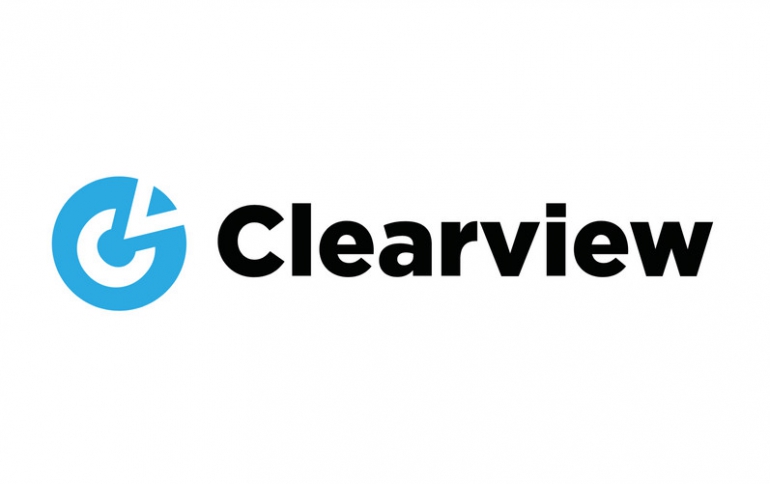
A start-up called Clearview AI is developing facial recognition AI by collecting images published on millions of websites such as Facebook, YouTube, Benmo, and news sites.
All of these websites do not allow secondary use of user photo images posted in their usage policy. However, ClearView AI has collected over 3 billion images and developed an enhanced facial recognition AI, which has already provided a facial recognition database to more than 600 police authorities in the United States.
Clearview AI holds photos of personal biometric information without notice or consent to various service users, and establishing a face recognition database through this may violate the privacy and human rights of the people in the photo.
In a report covering an interview with ClearView AI founder, CEO Hoan Ton-That, an interviewer took a selfie using an unpublished mobile app, but his photo was in a database 10 years ago, including those he didn’t even remember. It is said that many were found. In addition, even if you search for a picture with a hand covered under the face, it is said that 7 correct pictures were found. For example, if a company trying to investigate uses this database, they can identify people who are walking on the street without telling them by simply photographing them with a camera. Also, the detection accuracy of this database is said to be 75%. When used by law enforcement agencies, there may be a possibility of misleading arrests.
As the report went out, Twitter pointed out a violation of the developer policy against ClearView AI and requested that the image collection be stopped and images collected by Twitter be deleted. The New Jersey Attorney General also sent the same letter to Clearview AI, and in Illinois, individuals are filing a lawsuit against Clearview AI.
Google, along with YouTube, belatedly demanded that YouTube stop collecting images from YouTube videos into facial recognition databases, saying that YouTube explicitly prohibits data collection for the purpose of identifying individuals in terms of use. The same goes for Benmo and LinkedIn.
One of the places that followed this movement was Facebook. Facebook recently informed ClearView AI to stop importing data from Facebook and Instagram and delete the data due to a policy violation. It is explained that the reason Facebook’s move is slower than that of other companies is because it tried to clarify its policy by requesting detailed information about ClearView AI. In addition, Clearview AI may be one of the reasons Facebook carefully reviewed, as Facebook executive Peter Till participated as an early investor.
Meanwhile, CEO Joan Ton-that argued for the right of the First Amendment to the Constitutional Amendment to publicly available information and challenged the request. He says that if Google withdraws information from all websites and reveals the data in question, it’s not a problem with the Google search engine. Google wants most of its websites to be searched by Google’s engine, refuting that site administrators can manage the entire opt-out option or directly manage what information to include on the site.
The lack of federal laws regulating the use of facial recognition technology in the United States could be one factor complicating the problem. In some places, such as San Francisco, the use of facial recognition technology is banned, but this may cause problems such as the inability to use the iPhone Face ID, which is banned entirely, and the ban was slightly relaxed later. Related information can be found here .


















Add comment